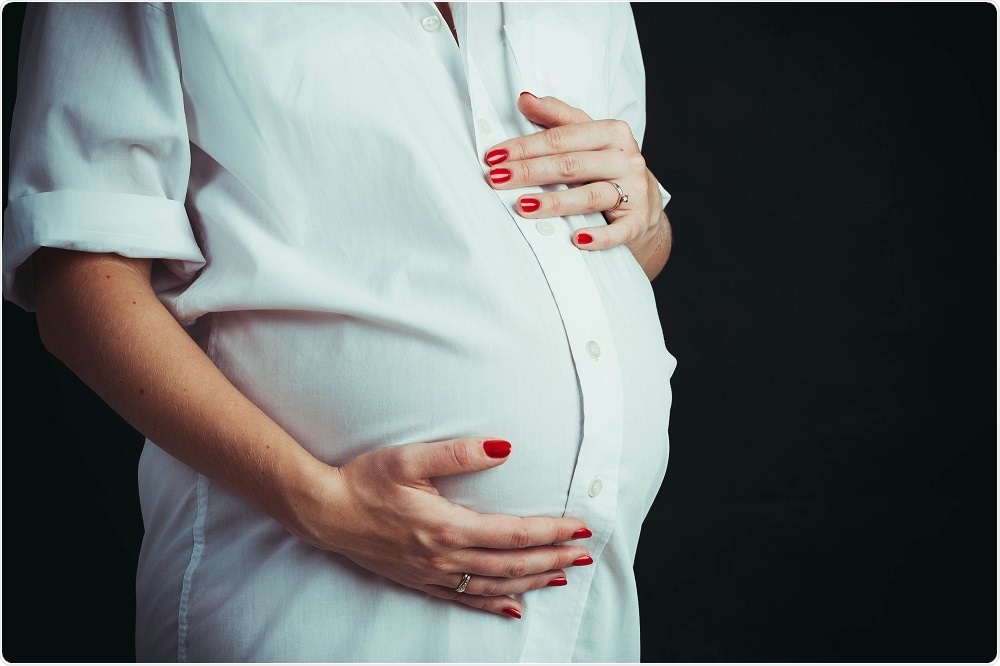Sep 12 2017
A recent analysis, based on the data published in the online journal BMJ Open, conducted by a group of researchers shows that the indication for the possible harmful effects of light or occasional alcohol consumption during pregnancy is “surprisingly limited.”

A review of present alcohol guidelines has been commissioned by the UK Chief Medical Officer for the general public and also particularly for mums-to-be, which suggested that women should avoid alcohol consumption when they are pregnant or trying to conceive, because it is ‘better to be safe than sorry’.
Women often enquire about safety margin for alcohol consumption during pregnancy, but there are no clinical test data on this regard. In response, the scientists systematically studied numerous data sets from various eminent observational studies on the effect of light alcohol consumption (2 units up to twice a week, or 4 units a week, approximately equal to 32 grams) compared with consuming no alcohol at all.
Researchers specifically investigated birth and pregnancy complications, such as premature birth, undersized babies, and miscarriage, as well as chronic concerns, such as impaired intellect, developmental delays, and behavioral complications indicative of fetal alcohol syndrome, a result of excessive alcohol use during pregnancy.
Approximately 26 out of 5000 observational studies were selected to collect the relevant data.
The analysis indicated that alcohol consumption up to four units per week during pregnancy, on an average, was related to 8% higher risk of undersized babies, compared with consuming no alcohol at all. There was also some proof of an increased risk of preterm delivery, but less evidenced.
For most of the consequences the researchers analyzed, there were only a few observational studies that compared light to non-alcohol consumption.
This concern remains of immense public health importance, say the researchers, as up to 80% of mums-to-be in Australia, New Zealand, UK, and Ireland consume alcohol while they are pregnant.
Also, researchers stated that the lack of eminent data shows the complications of designing research that can truly estimate the causal effect of light alcohol consumption while minimizing the risks of bias and confounding. It also shows the failure of researchers so far to focus on light versus no alcohol consumption instead of moderate and heavy alcohol consumption.
Researchers stated: "Despite the distinction between light drinking and abstinence being the point of most tension, and confusion for health professionals and pregnant women, and contributing to inconsistent guidance and advice now and in the past, our extensive review shows that this specific question is not being researched thoroughly enough, if at all."
Researchers further remarked that, in the absence of clear evidence, women should be advised to avoid alcohol consumption during pregnancy as a precautionary measure.
Researchers concluded that evidence of the impacts of alcohol consumption up to 32 grams per week during pregnancy is sparse, while some pieces of evidence indicate that even light prenatal alcohol consumption may cause premature birth and SGA (underweight).